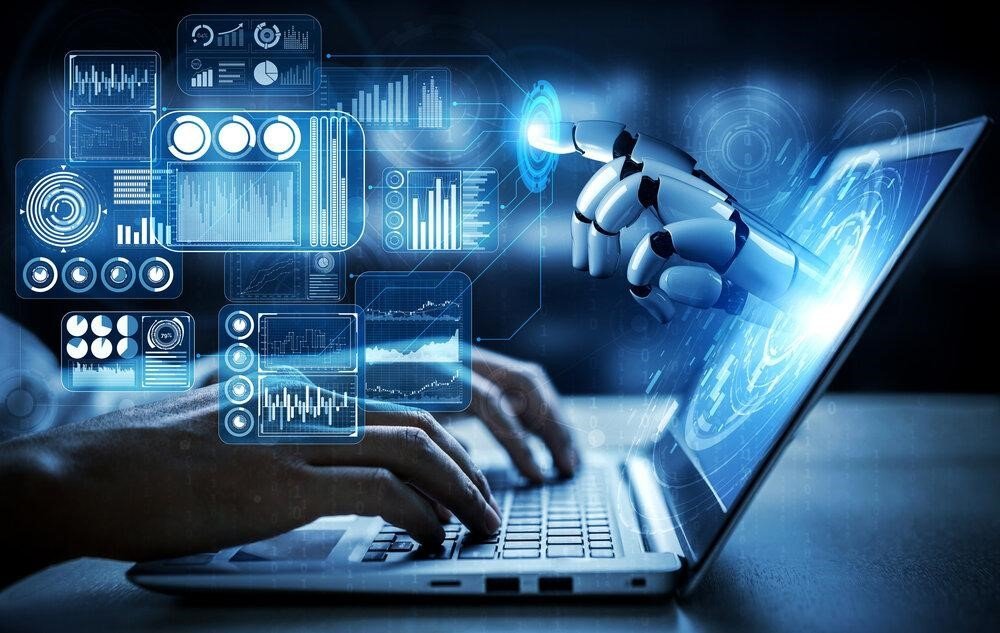Innovative Frontiers: Harnessing Artificial Intelligence in Manufacturing
Artificial Intelligence in Manufacturing

Artificial Intelligence (AI) is changing the game in the manufacturing industry by introducing smart technology to the production process. Imagine having machines that can think, learn, and make decisions just like humans – that’s the essence of AI in manufacturing.
One significant application of AI in manufacturing is predictive maintenance. Imagine AI algorithms monitoring machines and predicting when they might need maintenance before they break down. This not only saves time but also prevents costly downtime, keeping the production line running smoothly.
“Artificial Intelligence Applications in Manufacturing”
#1 Defect Inspection:
If naked eyes can see so much, AI sees so much more. Computer vision is helping manufacturers perform defect inspection using Automated Optical Inspection or AOI technique. The setup uses a bunch of cameras placed at different angles and is capable of identifying even the smallest scratch that human eyes failed to see.
“For example, Shelton’s WebSPECTOR surface inspection system identifies defects and saves images and the accompanying metadata. It assigns grades to each defect as it passes from one production line to another.”
#2 Predictive Maintenance:
Isn’t it great to know which machine will fail and for what reason before it happens? Predictive maintenance identifies potential equipment problems before they happen so you can undertake preventative actions.
“For example, the AVEVA Predictive Analytics solution helps asset-intensive organizations discover equipment issues early and schedule repairs before failures occur, thereby increasing reliability and reducing downtime.”
#3 Manufacturing Robots:
Companies using AI in manufacturing rely on autonomous mobile robots AMRs and cobots to automate tedious, repetitive tasks and extend the manufacturing workforce. Introducing the application of AI in the industry specifically benefits warehouse operations here heavy lifting, reaching, and repetitive motions are routine jobs and are capable of causing ergonomic injuries or quality lapses.
“For example, The Texas Medical Research Innovation Institute in Houston tested a two-armed mobile robot called YuMi as a roving laboratory technician. The robot performs tasks like pipette liquids, classifies test tubes, and transports equipment.”
#4 Supply Chain Optimization:
AI analyzes vast amounts of data to optimize the supply chain. It helps in demand forecasting, inventory management, and logistics, ensuring that products are available when and where they are needed.
#5 Process Optimization:
AI algorithms analyze production processes to identify inefficiencies and bottlenecks. By optimizing workflows, manufacturers can enhance productivity and reduce production costs.



Leave a Reply